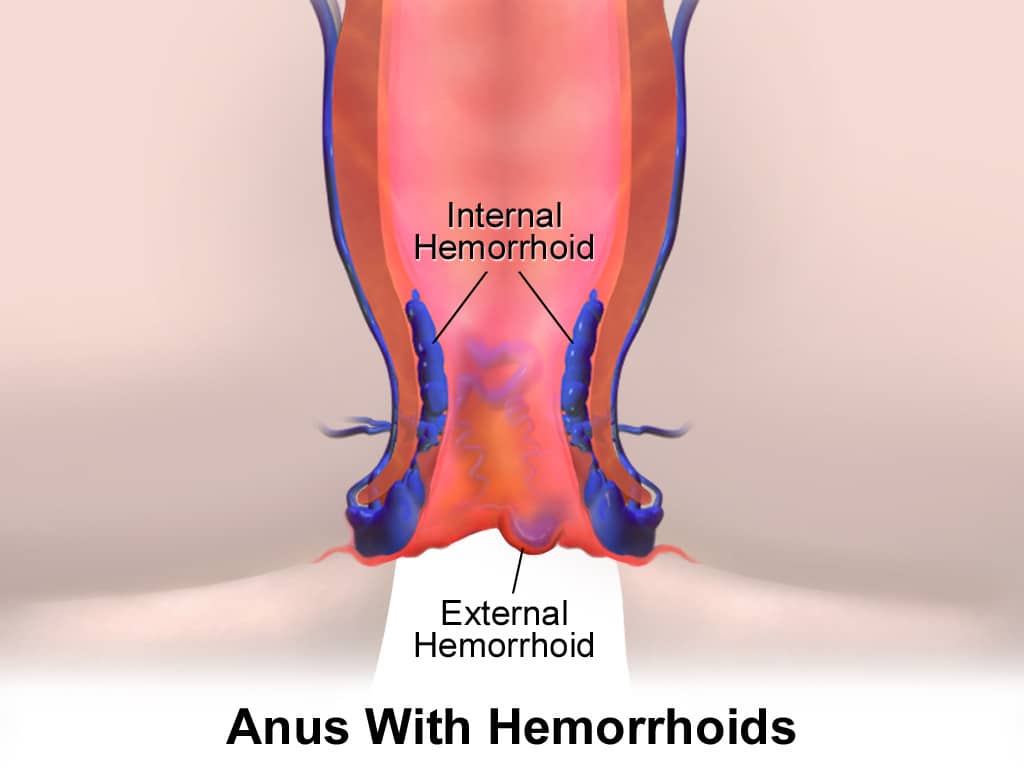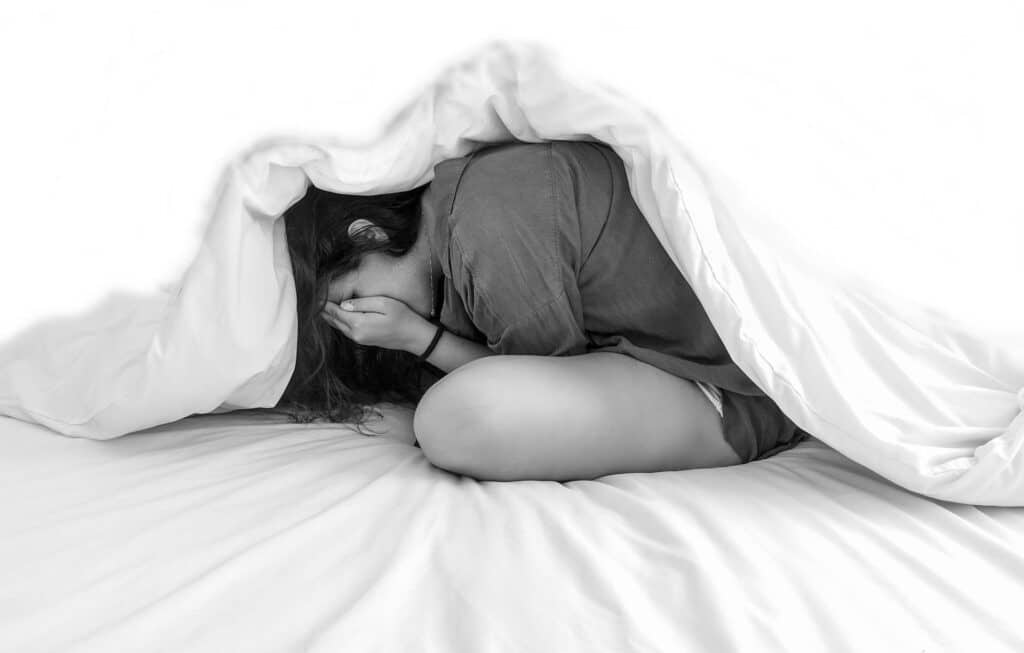Can coffee cause hemorrhoids

Can coffee cause hemorrhoids? That’s a huge question…Coffee is one of the most popular beverages in the world. Every day, millions of people enjoy this stimulating drink to help them feel energized and alert.
However, there has been some speculation as to whether or not coffee can potentially cause hemorrhoids. In this article, we will discuss what a hemorrhoid is, potential risk factors for developing them, and if drinking coffee could be associated with an increased risk.
There have been many studies examining possible correlations between consumption of caffeinated drinks such as coffee and development of hemorrhoids. We'll look at the results from those studies and explore any other ways that drinking coffee might affect your likelihood of experiencing symptoms related to hemorrhoids.
By understanding these connections more fully, readers may be able to make better-informed decisions about their diets without sacrificing much-needed energy boosts throughout the day!
Definition
Hemorrhoids are swollen and inflamed veins located in the lower rectum or anus. They can be either internal hemorrhoids, which are found inside the rectum, or external hemorrhoids, located on the outside of the anus.
Blood vessels become engorged with blood when these areas become irritated, leading to symptoms such as itching, burning sensations, pain during bowel movements and bleeding. A sitz bath may help reduce swelling and irritation associated with hemorrhoids while a high fiber diet and toilet paper that is free of dyes and fragrances can also assist in alleviating some of the symptoms.
Coffee consumption has been studied for its potential connection to the development of hemorrhoid symptoms; however, it is not known if coffee itself causes them.
Caffeine intake increases gastrointestinal motility which can lead to anal fissures and inflammation of existing hemorrhoids, but further research would need to be conducted before any conclusive evidence could be made about coffee causing hemorrhoid development.

Connection Between Coffee Consumption & Hemorrhoid Development
It is important to understand the possible connection between coffee consumption and hemorrhoid development. Many studies have been conducted on this subject, but there is still not enough evidence to determine a direct correlation between the two.
However, some research suggests that having caffeine present may be one of many factors contributing to the formation of both internal and external hemorrhoids.
Caffeine can increase blood pressure and reduce blood flow in the veins around the rectum, which could lead to swelling and irritation. It has also been suggested that dietary factors and lifestyle changes associated with heavy coffee intake may contribute to an increased risk of developing hemorrhoids.
For example, drinking too much coffee can lead to dehydration which may cause constipation – one of the most common causes of rectal bleeding due to swollen or irritated veins in the anus. Drink plenty of water instead would be my take on this.
In light of these findings, it is recommended that people who are prone to developing hemorrhoids limit their caffeine intake and make other necessary lifestyle changes such as increasing hydration levels, eating more high-fiber foods, exercising regularly, managing stress levels and visiting their doctor for regular check-ups if needed. By doing so they can minimize any potential risks associated with caffeine consumption from beverages like coffee.
These insights into how caffeine affects our bodies bring us one step closer towards understanding its effects on our health overall – including its potential impact on hemorrhoidal diseases. In order to gain further insight into this relationship we must explore what happens when we consume caffeine and its effect on various bodily functions related to health problems like inflammation and circulation.
Caffeine & Its Effects on The Body
Caffeine, a stimulant found in coffee, tea and energy drinks is known to have effects on the body. While it can give you an energy boost for your daily routine, caffeine may also contribute to hemorrhoids if consumed in excess.
Caffeine has been linked with constipation, which can lead to straining during bowel movements and make existing hemorrhoids worse. Furthermore, some studies suggest that long-term consumption of coffee could increase risk of developing new hemorrhoids.
Fortunately, there are alternatives to drinking regular caffeinated beverages like coffee or energy drinks that can help reduce symptoms associated with hemorrhoid flare ups such as pain and swelling around the anus.
One good idea is decaffeinated coffee; although it still contains small amounts of caffeine this type of drink is typically less irritating than its caffeinated counterpart when it comes to toilet bowl trips.
Additionally, herbal teas and green tea are another great way to get your morning pick-me-up without having to worry about increasing your chances of forming blood clots near the rectal area due to excessive ingestion of caffeine.
Does Caffeine Cause Hemorrhoids To Bleed
Caffeine can certainly have a significant impact on hemorrhoid pain and bleeding. After all, it's one of the most widely consumed substances in the world and has become a staple of the American diet.

And while research from the National Institute of Diabetes indicates that caffeinated beverages are not necessarily an immediate cause for developing hemorrhoids, they do affect various other factors which can contribute to more serious symptoms.
To understand how caffeine contributes to increased risk for hemorrhoidal bleeding, let’s look at some key points related to its effects:
– **Caffeine increases heart rate** – This can reduce blood supply to already inflamed veins within the rectum, leading to further irritation and subsequent bleeding.
– **Caffeine is a diuretic** – It causes dehydration, which makes stools harder and therefore difficult to pass without straining—another potential factor contributing to hemorrhoid flareups.
These two facts alone demonstrate why consuming too much caffeine could potentially increase your chances of experiencing severe hemorrhoid pain or even bleeding.
But before you swear off your daily cup of joe completely, be aware that moderate consumption (less than 400 mg per day) does not appear to raise risks significantly. In fact, studies suggest that drinking coffee may help protect against certain types of cancer as well as type 2 diabetes, so it might still be worth having if done responsibly!
Causes Of Hemorrhoids
Hemorrhoids are swollen veins located in the lower rectum and anus. There are a variety of causes that can lead to hemorrhoid flare-ups, including heavy lifting or straining during bowel movements.
Additionally, extra pressure caused by pregnancy can also be responsible for developing hemorrhoids. Other possible causes include coffee intake, as well as dietary considerations such as eating brussels sprouts or other high fiber foods. Caffeine withdrawal may also increase one's risk of developing mild hemorrhoids.
Fortunately, there are home remedies available for those suffering from hemorrhoids which may reduce symptoms and provide relief.
These treatments include soaking in a warm bathtub with Epsom salts, using over the counter hemorrhoid cream or ointments, taking stool softeners to make it easier to pass stools, applying cold compresses on affected areas to reduce swelling, and avoiding sitting too long without getting up periodically throughout the day.
All these activities help alleviate the discomfort associated with this condition while reducing further inflammation of the affected area. With proper care and attention, most people find they can manage their symptoms successfully at home without needing medical treatment.
Dietary Considerations for Those With Hemorrhoids
The digestive system is an intricate web of organs that can be easily thrown out of balance. For those with hemorrhoids, diet plays a critical role in managing symptoms and preventing flare-ups.

High fiber foods like whole grains, fruits, vegetables, nuts, and legumes are essential for keeping the lower rectum healthy.
Fibers can be divided into two categories: insoluble fibers which add bulk to stools and help keep them soft; and soluble fibers which slow down digestion by absorbing water. Eating enough high fiber foods helps prevent chronic constipation, while drinking enough water keeps stool moving through the intestines efficiently.
It's also important to note that straining due to hard or infrequent bowel movements weakens the sphincter muscle surrounding the anus — leading to increased pressure on veins around it. So, following a healthy diet rich in fiber is key to avoiding issues like hemorrhoids as well as other digestive problems such as kidney diseases. But more importantly, eating right can lead you closer towards your goal of serving others without experiencing embarrassing discomfort for yourself!
Treatment Options For Hemorrhoids
Treatment for hemorrhoids typically depends on the severity of symptoms. In many cases, lifestyle changes can help reduce or eliminate them altogether. Eating a high-fiber diet that includes plenty of vegetables, fruits, and whole grains is an essential part of managing hemorrhoids.
Increasing fiber intake helps to promote regular bowel movements while avoiding constipation and straining during defecation – two factors that are known to worsen existing hemorrhoid symptoms. Additionally, drinking lots of water throughout the day is recommended in order to maintain proper hydration levels which also assists with reducing strain during bowel movements.

For those who have already developed symptomatic hemorrhoids, there are various treatment options available:
* Rubber Band Ligation: A rubber band is placed around the base of the internal hemorrhoid causing it to shrivel up and fall off within a few days. This procedure usually requires no anaesthesia.
* Surgery: Hemorrhoidectomy is used when other forms of treatment fail to resolve the problem. It is only performed as a last resort because it carries some risks such as excessive bleeding or infection.
* Counter Creams & Ointments: Many over-the-counter creams and ointments contain ingredients like witch hazel or hydrocortisone that can provide temporary relief from itching and burning sensations associated with external hemorrhoids.
It's important for pregnant women who experience any kind of rectal discomfort due to their pregnancy hormones (which commonly cause enlarged veins) not to self-medicate but seek advice from their obstetrician before using any form of topical medication or undergoing an invasive procedure like ligation or surgery as this might put their unborn baby at risk.
Additionally, engaging in regular exercise such as walking briskly has been shown to be beneficial in relieving milder symptoms by promoting circulation and decreasing pressure on the anal area; however prolonged sitting should still be avoided whenever possible since extended periods spent sitting can contribute to increased inflammation and discomfort even if good posture is maintained during those times.
All in all, following these simple tips may make living with hemorrhoids easier while allowing you to avoid more serious complications down the road!
Final Thoughts
The research on coffee consumption and hemorrhoid development is inconclusive. However, it's important to recognize that caffeine can adversely affect your body if consumed in large amounts over time.
Consuming too much caffeine could lead to dehydration which increases the risk of developing hemorrhoids as well as cause existing ones to become aggravated or even bleed.
Furthermore, individuals should be aware of any dietary restrictions they may have due to their condition and make sure they are getting enough fiber and fluids in order to reduce symptoms associated with hemorrhoids such as pain, itching, swelling, etc.
Lastly, those already suffering from hemorrhoids should consider seeking medical advice for treatment options available that could help alleviate the discomfort caused by this chronic condition.
FAQs
Can coffee cause hemorrhoids?
While there is no definitive answer to the question “can coffee cause hemorrhoids”, some recent studies have suggested that caffeine may contribute to the development of hemorrhoids by increasing blood flow to the rectal area. Additionally, coffee may have a dehydrating effect, which can lead to constipation and straining during bowel movements.
Can spicy foods cause hemorrhoids?
Spicy foods themselves are not known to cause hemorrhoids, but they can irritate the digestive system and lead to constipation or diarrhea, which can contribute to the development of hemorrhoids over time. It's best to consume spicy foods in moderation and pair them with plenty of water and fiber-rich foods to prevent digestive issues.
Is it true that sitting for long periods of time can cause hemorrhoids?
Yes, sitting for long periods of time can increase the pressure on the veins in the rectal area and contribute to the development of hemorrhoids. It's important to take regular breaks and move around throughout the day to reduce the risk of hemorrhoids and other health issues associated with sitting for extended periods.
Can dairy products cause hemorrhoids?
Dairy products themselves are not known to cause hemorrhoids, but consuming large amounts of dairy products can lead to constipation or diarrhea, which can contribute to the development of hemorrhoids over time. It's best to consume dairy products in moderation and pair them with plenty of water and fiber-rich foods to maintain healthy digestion and prevent hemorrhoids.


